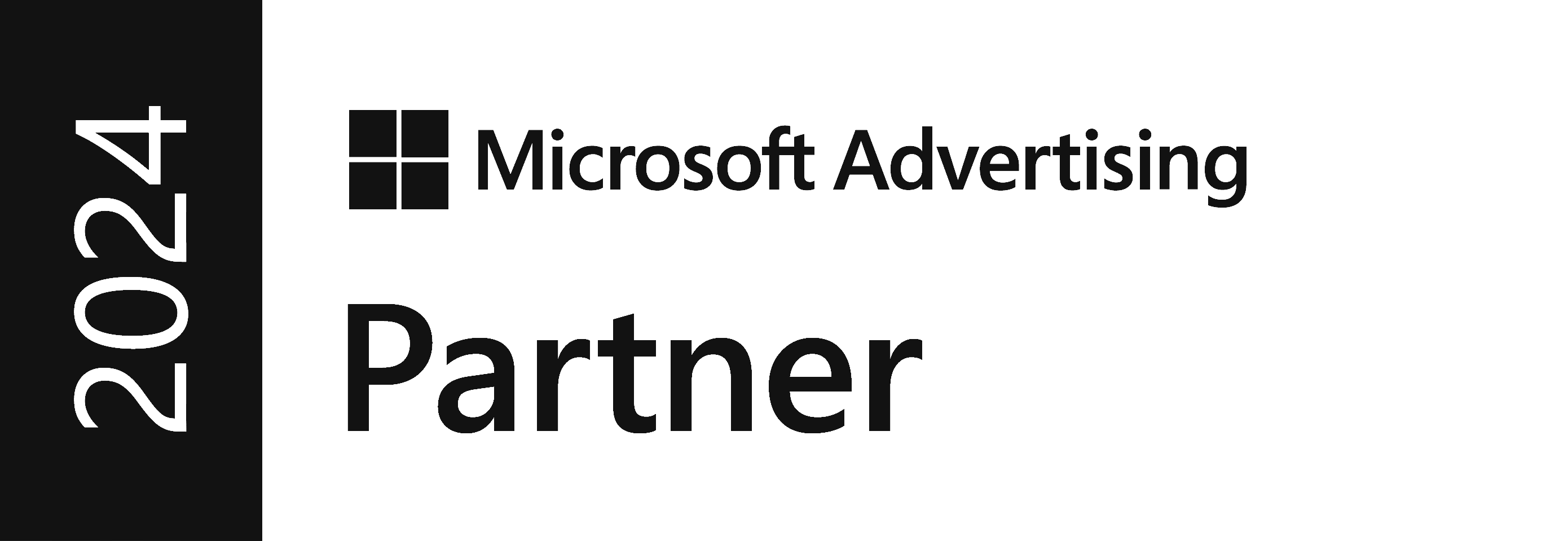According to a survey from YouGov and the Hygiene Bank, 3.2 million people in the UK are facing hygiene poverty this year, and “unable to afford basic everyday essentials such as toothpaste and period products”. We all know that costs are rising, and this winter particularly is feeling difficult for many, both personally and professionally.
Spending in the UK
UK spending is 3.2% lower than pre-pandemic levels, which is the 3rd lowest performance seen by the FT, across 43 countries publishing data. We’re all conscious of a recession either on its way, or currently taking hold. In business, this is manifesting as caution with spend, lower sales than usual in some industries at this time of year and much higher consideration of marketing budgets; my colleague Thomas has written a brilliant article, if you’re considering how to market your business at a time like this. Personally, we’re all seeing the effects of rising petrol costs, gas and electric rates, and seasonal pressures.
Period tax – the cost of living for women
An aspect of the cost of living that has been campaigned against for years but has risen in coverage recently is period poverty. Did you know that in a woman’s lifetime, they’ll go through on average 500 period cycles? The lifetime cost of having periods is somewhere around £5000. A scary number when you think that half of the population don’t have to consider this spend, and those that do, are already affected by the gender pay gap.
You might remember seeing earlier in the year that Scotland are now offering free period products to anyone who might need them, across the country. They’re accessible in public access buildings such as libraries, community centres, leisure buildings, schools, colleges, museums, galleries. UK wide, we’ve not seen quite as much success yet, but in January 2021, the government did scrap ‘tampon tax’; an EU directive to apply 5% VAT on all sanitary products, having classed them as non-essential. Finally something we can celebrate to come out of Brexit!
Help at work for all
So as an employer, is it your place to intervene, and what can you do? Large companies are able to do things such as one off bonuses, or pay rises in line with inflation, which are welcomed by the majority. However, taking into consideration how financial additions could affect tax, or benefit recipients, sometimes indirect initiatives can be more positively impactful. 83% of companies are currently taking action or considering ways they can help, showing the responsibility employers do feel for the wellbeing of their staff, both in and out of the workplace. Optix Solutions has a number of schemes in place to ease financial burden on staff, although we’re not in a position to be giving direct financial relief as a small business:
We provide a medical subsidisation scheme through WPA, which is accessible by all permanent staff to claim against things like optician and dentist costs, prescriptions, osteopaths etc.
All our bathrooms have drawers filled with essential products that staff might need, for example period products, toothbrushes and toothpaste, deodorant and a hairbrush.
We hold corporate membership at Exeter Golf and Country Club, allowing staff to access the gym, classes, swimming pools for free and restaurants at member rates.
Staff have been encouraged to seek support from our Directors in the event of urgent concern re: personal finances.
Flexible working policies allow staff to weigh up the cost benefit of either working at home to save on commuting costs or working in the office to save on gas/electric.
For further ideas on how to support your employees, there are great articles from both CIPD and The Guardian to read.
1st Floor, Alphin Brook House,
Alphin Brook Road,
Exeter EX2 8RG
MORE THAN
Digital
Marketing.
View our sustainability page.
PPC for B2B
PPC for Law Firms
PPC for Luxury Ecommerce Brands
PPC for Travel and Tourism
GEO Audit






